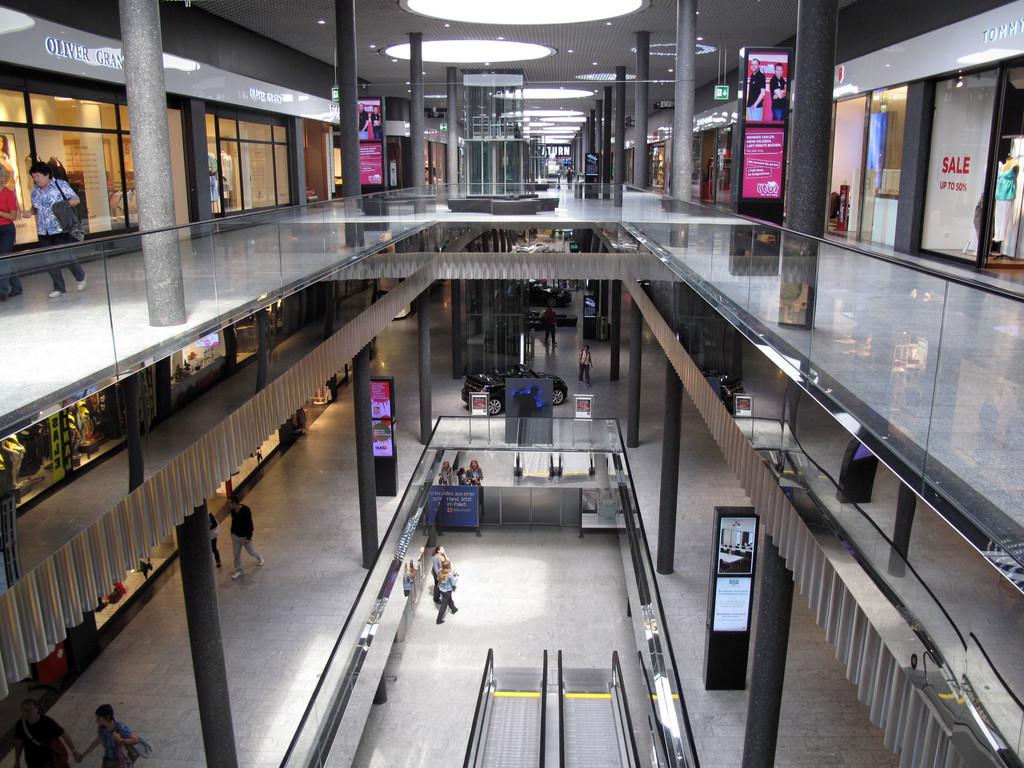Number of cross-border commuters to Switzerland slows

The number of people crossing the border to work in Switzerland every day has slowed in the first few months of 2016. But big regional differences exist and a strong increase in workers from France continues.
During the first three months of the year, some 360,000 people travelled every day to Switzerland for work – a 3.7% increase over the same period last year. But this is only up 0.7% on the last quarter of 2015, according to the Federal Statistical Office’s latest figures published on Tuesday.
This represents the lowest increase in cross-border workers since 2010.
The Lake Geneva region continues to report big rises, however. The number of workers from France rose by 6.6% in the first quarter compared to a year earlier. This follows a 6.2% increase for the last three months of 2015.
The region now accounts for almost one-third of all of Switzerland’s cross-border workers.
Northwest Switzerland, including Basel, saw a 4.1% increase in cross-border workers, mainly from Germany. Zurich and eastern Switzerland also witnessed increases but total numbers are relatively low.
Biggest decline in Ticino
Italian-speaking canton Ticino in southern Switzerland, where one in four workers is foreign, recorded a fall of 0.5% in workers commuting from Italy – the third such decrease in a row. Similar downward trends were seen in 1999.
Across Switzerland more than half of cross-border workers live in France (54.4%), followed by Italy (22.8%) and Germany (19.5%). Over 60% work in the service sector.
In March 2015 the Federal Statistical Office reported 287,100 workers who come into Switzerland on a daily basis for work. In 2009 the number was 221,600 – that figure rose by 29.6% over the five years leading up to the end of 2014.

In compliance with the JTI standards
More: SWI swissinfo.ch certified by the Journalism Trust Initiative










You can find an overview of ongoing debates with our journalists here . Please join us!
If you want to start a conversation about a topic raised in this article or want to report factual errors, email us at english@swissinfo.ch.